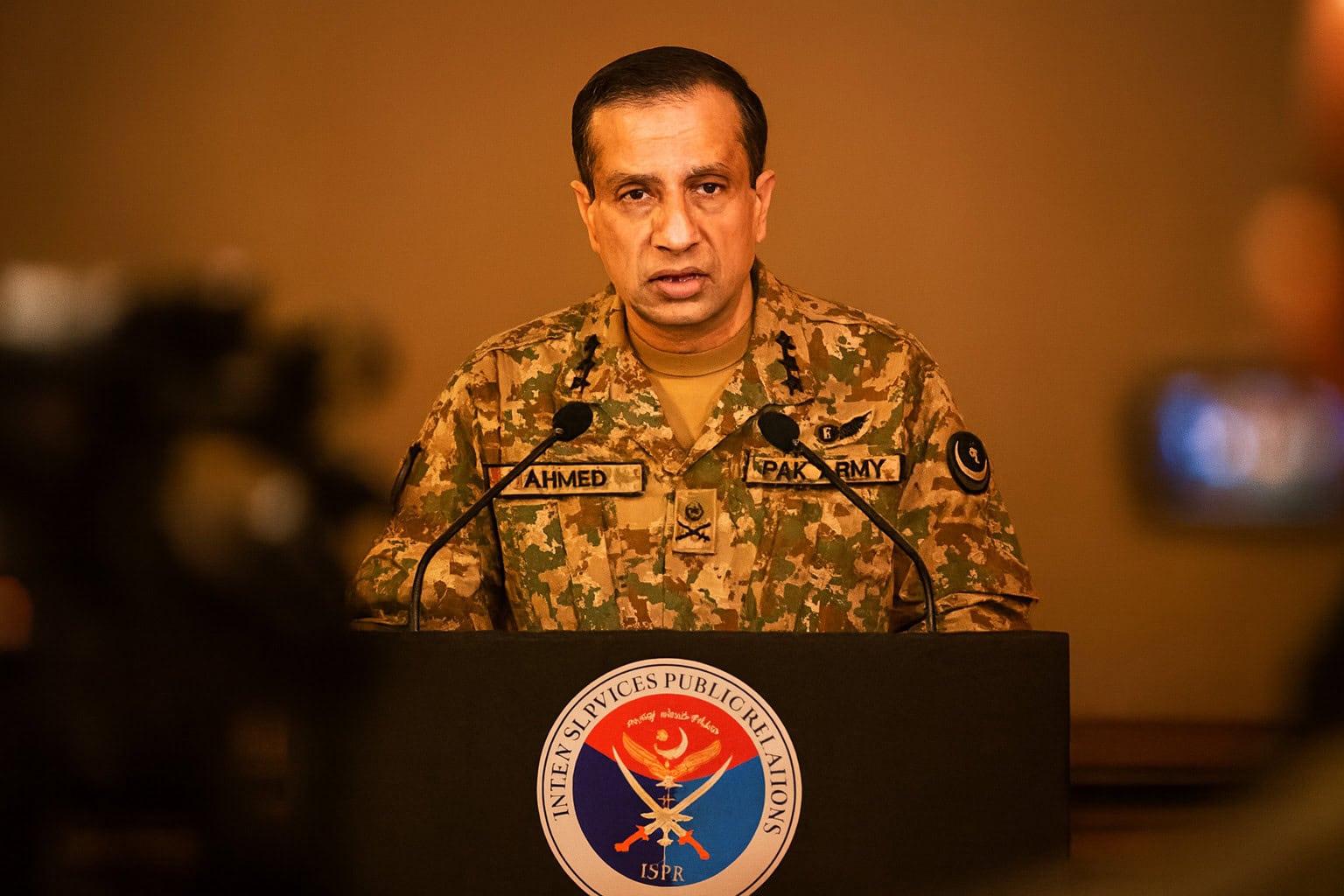“No political slogan or narrative can deter Pakistan’s armed forces from pursuing the war against terrorism to its logical conclusion.”
The words of the DG ISPR this week were not just another institutional statement. They were, in many ways, a reminder — and a warning — that Pakistan’s long, exhausting war against terror is far from over.
It was not the tone of defiance that stood out, but of resolve. After years of sacrifice, countless operations, and hundreds of lives lost, the message from the military’s spokesperson was clear: this is not a fight that can be paused, bargained, or politicised. It will continue until Pakistan is genuinely free of fear.
The Weight of Sacrifice
Numbers alone can never tell what courage feels like. Every statistic hides a heartbeat, a home waiting for news, a promise left unfulfilled. In 2024, Pakistan’s forces eliminated 799 terrorists — but at the cost of 577 lives. Among them were soldiers who never came back from the mountains, policemen who stood their ground in lonely outposts, and civilians caught in the crossfire. This year, more than 10,000 operations have been carried out, mostly in Khyber Pakhtunkhwa, dismantling terror networks piece by piece. But 516 more Pakistanis have paid the price — 311 soldiers, 173 policemen, 32 civilians — each one a reminder that peace has never come cheap.
These are not statistics; they are sons, fathers, and friends. They are young officers who called home before heading into the mountains, policemen who stood guard in small towns, civilians who were simply in the wrong place at the wrong time.
Their collective sacrifice has quietly kept Pakistan standing. It is because of them that schools reopened in Swat, markets revived in Miranshah, and families returned to homes once seized by fear.
Where Politics Fell Silent
The DG ISPR’s remarks also contained a sharp undertone — an unease with how politics has sometimes treated terrorism as a slogan rather than a shared threat. He said what many Pakistanis already feel: that the National Action Plan, born out of national consensus after immense tragedy, has not been implemented in spirit. If that plan had been followed consistently — if education reforms, madrassa regulation, and hate speech monitoring had truly taken root — perhaps Pakistan would not be fighting the same ghosts again.
But it’s also true that Pakistan’s fight is not only on the frontlines; it’s in its classrooms, courts, and political halls. When terrorism becomes a political tool, the cost is always national. And when leaders use it to score points, it erodes the unity that the soldiers on the ground depend on.
The Afghan Dilemma
The DG ISPR’s emphasis on cross-border threats was equally pointed. Afghanistan, despite promises of cooperation, continues to host elements that target Pakistan. The presence of advanced American weapons left behind after the withdrawal has only emboldened them. There is also the troubling pattern of Indian involvement — the use of Afghan soil for proxy operations that destabilize Pakistan’s western border. Islamabad has raised the issue repeatedly at international forums, often to polite indifference.
Yet Pakistan’s security forces continue to absorb the blows quietly, maintaining discipline and restraint even as provocations grow. It is a fine line — fighting terror without igniting new conflicts — and Pakistan’s military has walked it with remarkable balance.
A Fight Beyond the Battlefield
There’s a tendency in Pakistan to view this war as purely a military affair. But that is only part of the story. The Pakistan Army has carried this burden for two decades, but it cannot win this fight alone. For the war to end, Pakistan’s society must also evolve — toward tolerance, toward rule of law, toward rejecting extremist rhetoric in all forms. Security operations can defeat terrorists, but only unity can defeat terrorism. And that, perhaps, is the deeper message behind the DG ISPR’s words: that while soldiers fight with weapons, nations survive on will.
The Spirit of Endurance
The Pakistan Army’s image, too often reduced to political debates, deserves recognition for what it has actually done on the ground. Generations of officers have grown up in an environment of war, yet their morale remains unshaken. Many have buried comrades, yet continue to lead from the front. Their discipline, professionalism, and sacrifice have held the country together in times when politics faltered. The quiet dignity of the soldier — not his uniform, but his endurance — is the real face of Pakistan’s strength.
This war is not about ideology or power. It is about survival — not of the military, but of the nation itself. And in that survival, the army stands as both shield and symbol of a country still determined to reclaim peace, one operation at a time.
The Unfinished Mission
Pakistan’s war on terror has moved into the shadows — quieter now, but no less dangerous. The DG ISPR’s message this week felt as much from the heart as from the podium: the army will keep fighting, but the nation must not grow indifferent. The journey toward lasting peace is still long, yet every small triumph matters — a militant cell broken, a soldier reunited with his family, a child once again walking to school without fear. These moments may not make headlines, but they are the truest markers of victory.
“This is not a battle for power,” the DG ISPR said. “It is a fight for Pakistan’s survival.” And in that fight, Pakistan’s armed forces continue to stand tall — not just as defenders of the land, but as the guardians of a nation’s hope.


